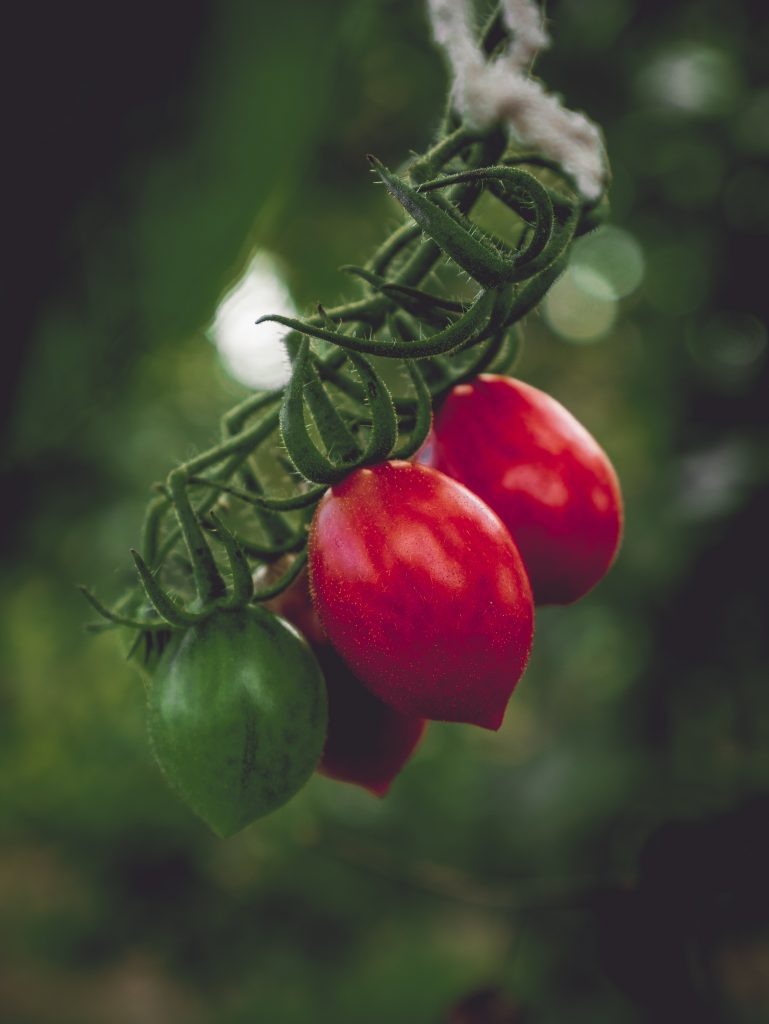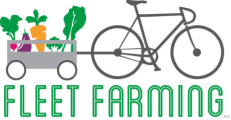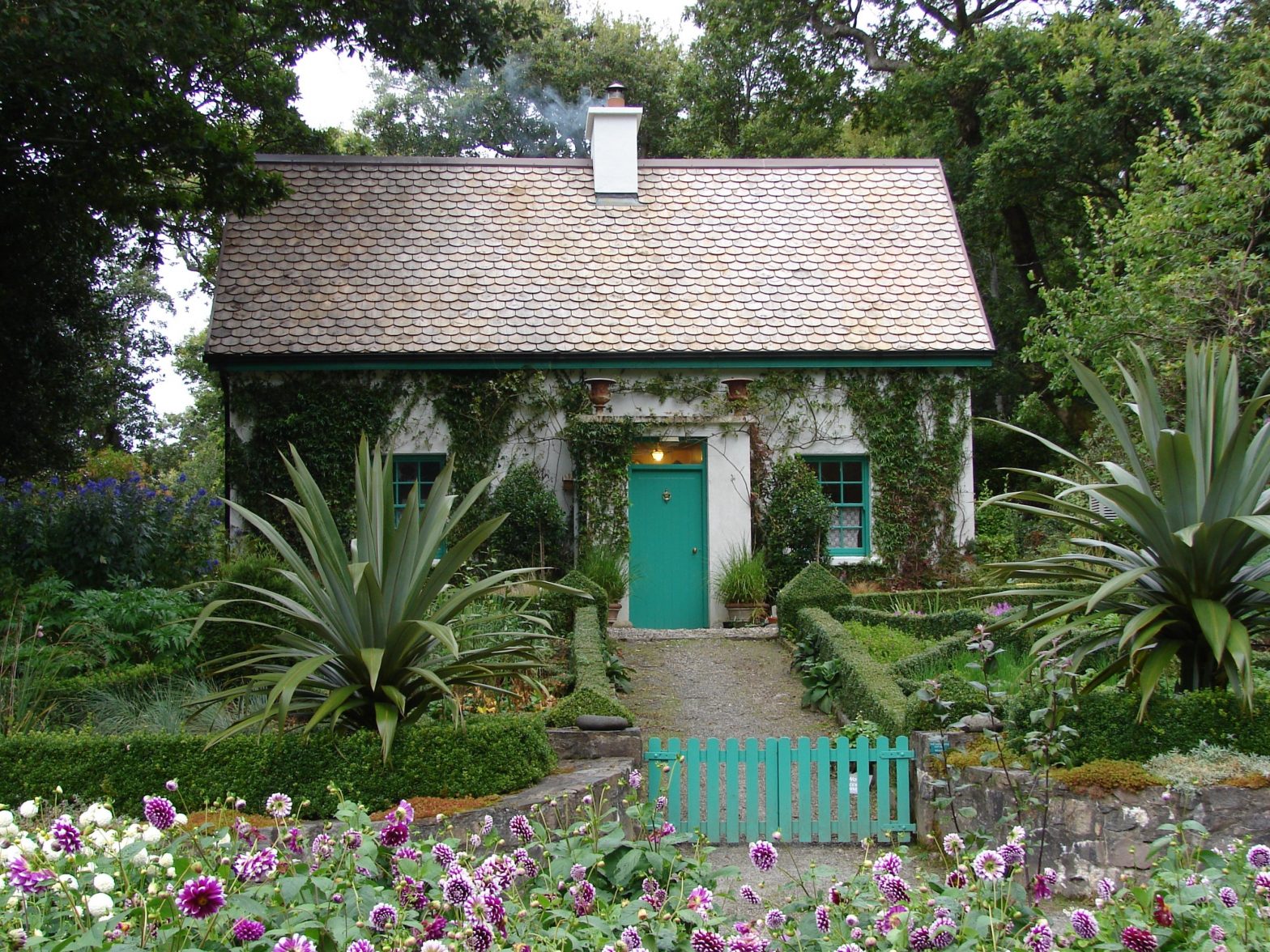Time spent in a garden reaps so many benefits. The scents of sweet flowers and rich earth fill your nostrils. Dancing butterflies and bees delight your spirit. While a garden implies work, that work can create a priceless sense of wellness and serenity.
What is your reason for wanting a garden? Do you want to teach the “lost art” of growing to your children or grandchildren? Are you drawn in by the feeling of satisfaction you get from nurturing and growing plants? Do you seek to contribute to the health of the ecosystem around you?
There are so many reasons to desire a landscape that is more than simply a turf lawn, if not just our innate desire as humans to create! Most of us just can’t afford to spend the time or money to get started. Well, I’m here to let you in on a little secret…
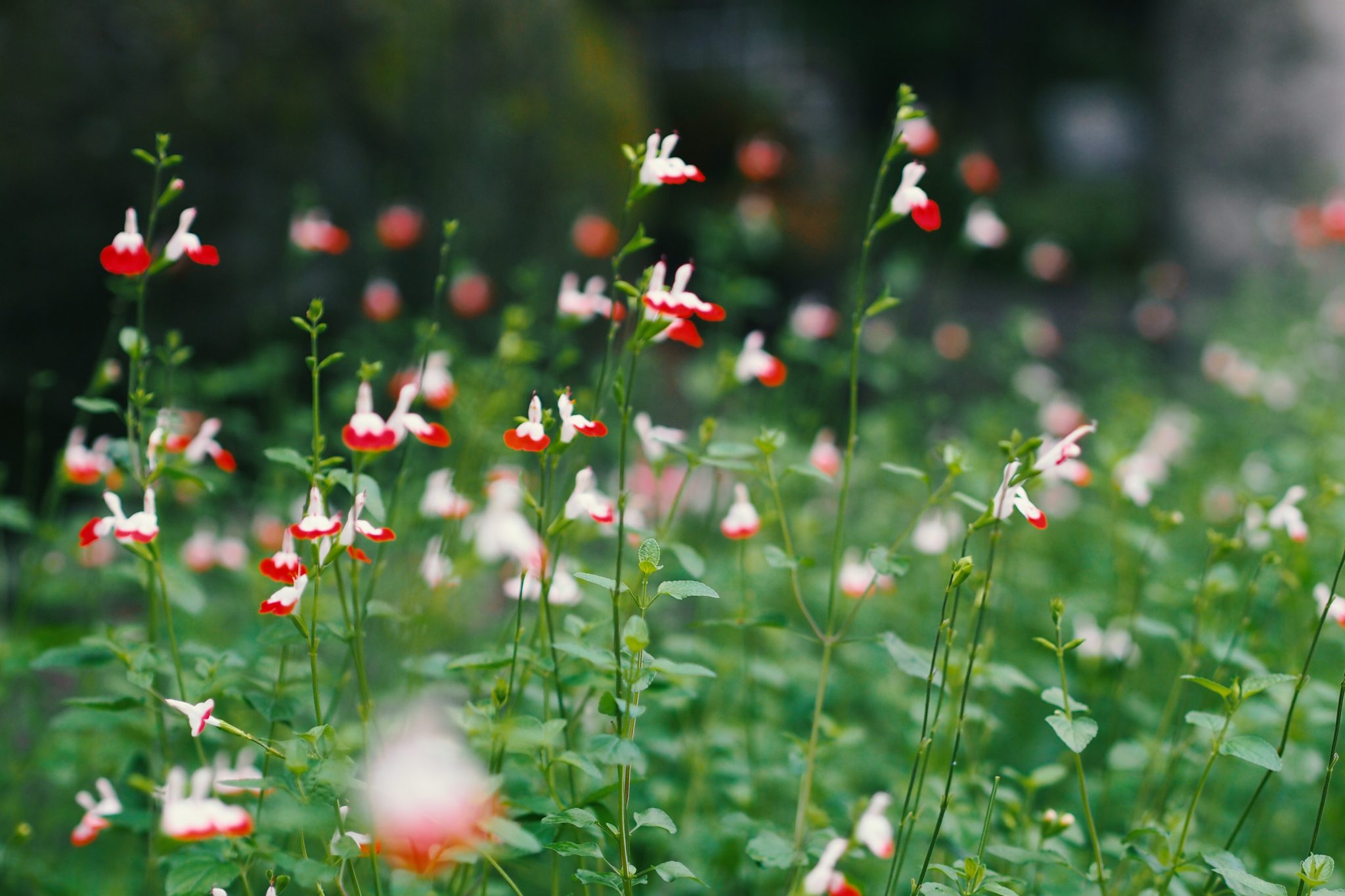
Photo by Unsplash
You already have a "garden"
While a garden can seem like an incredible luxury for those who are crunched for time and money, which tends to be most of us, I believe many of us already have a garden. Especially in Florida, where the climatic conditions invite abundant growth, any given patch of land seems to be a fertile space ready for a floating seed to germinate and take off.
What makes a landowner into a gardener, I believe, is when that person decides to let the process of gardening work on them, like a massage or a workout or a facial or a spiritual exercise. Rather than simply focusing on the end result (a manicured lawn, trimmed hedges, etc.), the means to the end result become an important part of that person’s personal physical and mental hygiene routine. It’s trite to say, but gardening is therapy. Dig in!
Maximizing your outdoor space and helping the environment
Each of us has an impact on the earth every single day with everything we do. With a garden, however, you can know that you are contributing to the overall health of your local ecosystem. More trees in general means cleaner air.
Additionally, planting with native plants negates the need for harmful chemical fertilizers, as these specimen require very little maintenance, and do quite well on their own in the Florida growing environment. Furthermore, by growing plants such as milkweed, bee balm, and African blue basil you can nurture populations of bees, butterflies and other pollinators. These insects are essential to the overall health of our ecosystems as well as to the cycle of food, from the farm to your plate. Which brings me to another point, and in fact the reason for Fleet Farming’s existence…
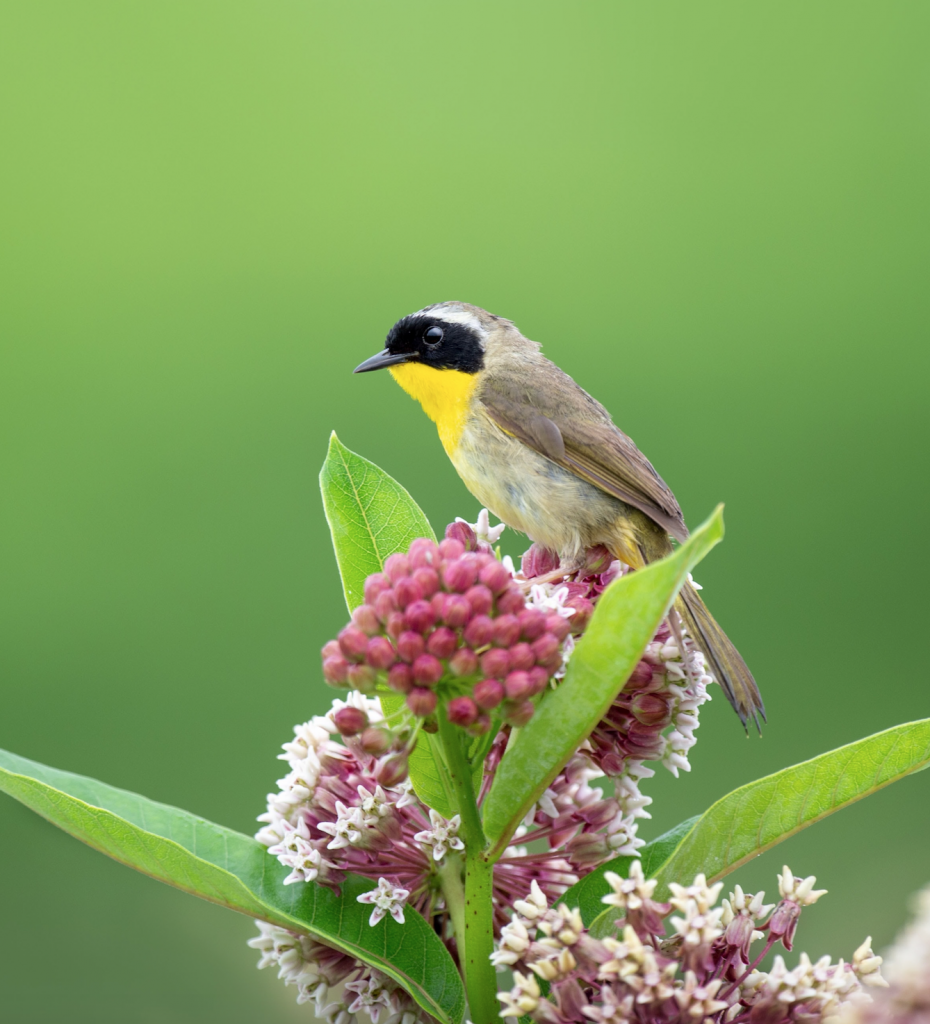
Photo by Unsplash
Changing the cycle of food
Our food system is fraught with issues. From pesticides to pollutants to supply chain issues, relying on large, monoculture farms to grow your food is inefficient. This lack of connection to our food also ignores the health risks of pesticides and other growth hormones – to the environment and to our own bodies. Furthermore, if the past few years have taught us anything, it’s that supply chains are unreliable. Food security is at stake. Knowing you can grow your own food can relieve some of that stress and anxiety.
As individual citizens, we need to think about how our choices affect air quality, water quality, and consider that the contamination of our Earth can be helped or worsened by what we do in our own backyards (or front yards, or apartment terraces, etc.). So, we recommend growing native; planting edible landscapes; conserving water through drip-line irrigation; composting to create inexpensive and nutrient-rich soil; and selecting plants which sequester carbon, create habitat for important pollinators, and aid in soil erosion and other environmental issues.
The United Nations has set worldwide sustainable development goals to help us achieve a cleaner, greener future before we endure the worst effects of climate change. How can YOU help our world work towards those goals? Take control of your garden! Don’t know where to start? Let’s talk.
-Alex, Director of Ecosystem Services at IDEAS For Us
